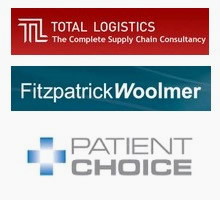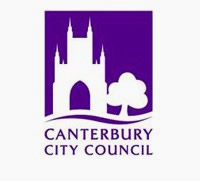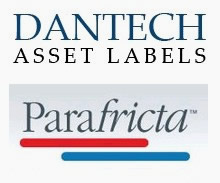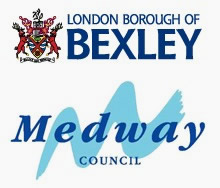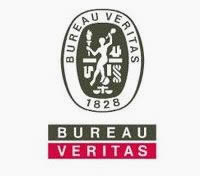Why page rank isn't everything
 Many people believe that the most significant part of SEO is the PageRank administered by Google. The PR of a site is one of way showing the importance and value of a site whilst providing visitors with an indication of this authority, but should not be the only thing that is acknowledged as it is now a greatly depreciated metric.
Many people believe that the most significant part of SEO is the PageRank administered by Google. The PR of a site is one of way showing the importance and value of a site whilst providing visitors with an indication of this authority, but should not be the only thing that is acknowledged as it is now a greatly depreciated metric.
Larry Page created this algorithm to aid Google in analysing a site to determine the influence of the site. Several aspects of the site are taken into consideration such as:
- The domain extension
- The design and ease of navigation of the site
- The backlinks to the site that are recognised by search engines
- Uniqueness of website content, and many other factors
This algorithm is often altered regularly, as it was with the recent famous “Panda” and “Penguin” Google updates. Generally, Panda is designed to bolster the algorithm or alter something to match the needs of real searchers. This could be by increasing the importance of a particular aspect. Penguin updates are launched to help the search algorithm get rid of spam and “over-SEO-ing” on a website. Alterations to this update often cause changes in site page rank.
What PR Isn’t An Attribute Worth Chasing
Every SEO agency should know that creating interesting and compelling copy that is useful for searchers is the best and most sustainable way of building a site. However, PR can be influenced without necessarily dedicating efforts to this which is one of the reasons why it can be a false indication of SEO progress. Pagerank can be gained artificially by:
- Building fake links. This is classic black hat SEO tactics designed to trick the search bots through building masses of links. Links that offer zero value to the site or are from web pages that are not within the context of the site may be counted temporarily but recent algorithms changes are designed to exclude these. Although the algorithms are constantly updated to avoid this, there are still many sites who are benefiting from bad links and as a result, Page rank increases.
- Boosting only individual web pages. You will notice that there are some pages on your site with different page ranks. This is most commonly found on the home page compared to an inside page. This gives rise to some ambiguity with results, indicating that the algorithm is limited to individual pages so gives no real indication of the website as a whole.
It is very important to remember that page rank isn’t everything and isn’t the only representative of Google’s search engine ranking algorithm. Black hat SEO agencies often try to deceive clients by selling on the basis of increasing page rank, dmoz statistics or other relatively meaningless metrics which bear no resemblance to traffic levels or conversion rates which are actually of use to the business behind the website.
Cornish WebServices have built up a strong basis for search engine optimisation by creating compelling copy regarding internet marketing consultancy, website design and industry news over a long period of time to bring relevant traffic to our website, showing that this is the most sustainable way increasing the value of your website to reach your marketing goals. Instead of looking at page rank or other arbitrary metrics, search engine optimisation professionals should be focusing on using websites to help drive real business goals such as increased lead generation and revenue.
Published on 02/07/2012









